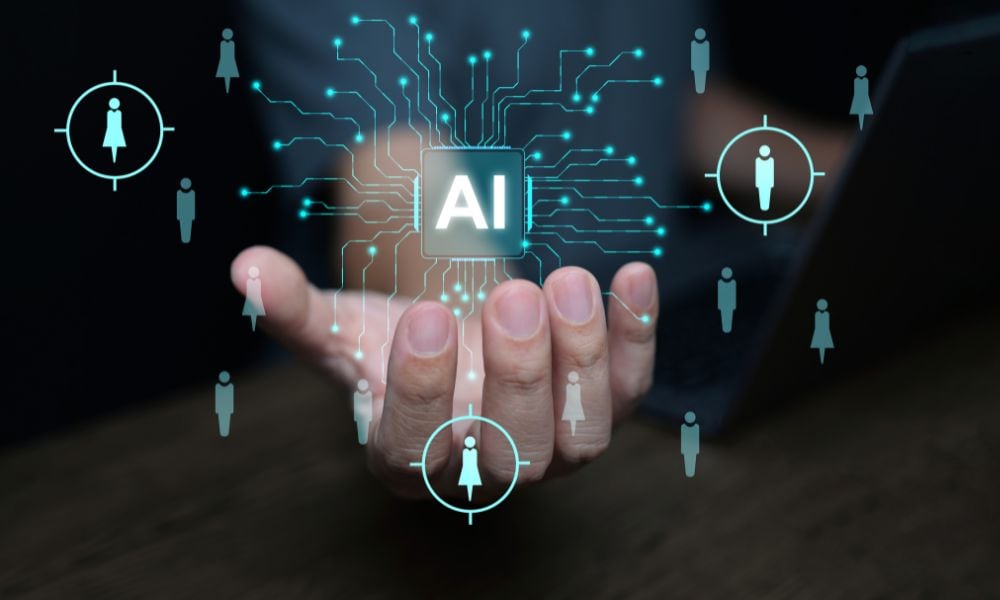
AI, skills, and quality hiring—LinkedIn's Future of Recruiting 2025 report uncovers what's next for recruiters

By Sumita Tandon, HR Director of APAC at LinkedIn
Artificial intelligence is reshaping hiring in Southeast Asia at a rapid pace. According to LinkedIn’s Future of Recruiting 2025 report, 79% of talent acquisition (TA) professionals in Southeast Asia believe AI will fundamentally change how companies hire. With AI handling time-consuming tasks like screening resumes and drafting job descriptions, recruiters are finding more time to focus on strategic work—building relationships, advising hiring managers, and improving the candidate experience.
But despite its promise, AI adoption in hiring isn’t without hurdles. Southeast Asian firms are warming up to AI but there’s still a way to go, with 29% actively integrating or experimenting with AI-powered recruitment tools – though that lags behind the 37% global adoption rate. Budget constraints, data privacy concerns, and uncertainty around how to measure AI’s effectiveness remain key barriers.
For those that have embraced it, the benefits are clear. Recruiters using AI-assisted messaging are saving 20% of their work week and are 9% more likely to make a quality hire. As Richard Yan, Global VP of People and Talent at Airwallex, recently shared with me, AI is freeing recruiters from time-consuming tasks like sourcing and outreach—giving them more time to focus on building relationships and collaborating with hiring teams to find the right hire, faster.
Beyond resume scanning, AI can assess job-relevant skills and bring greater consistency to evaluations—helping teams scale their impact while keeping the human element at the core. Ultimately, it’s about creating room for the part of the job recruiters love most: building authentic, human connections.
For organisations like the National University Health System (NUHS) in Singapore, AI-driven hiring has been a game-changer. According to Pauline Chua, Deputy Group Chief Human Resource Officer at NUHS, resources like the LinkedIn Enterprise Program have been particularly valuable.
"It’s helped us enhance our brand positioning, promote job opportunities, and equip our recruiters with the right tools to tap into a diverse talent pool,” Chua shares.
“In just 18 months, our followers grew by 58%, reaching 81,000—and we’re still growing. This growth has enabled us to engage not only with local talent but also with candidates globally, giving us a real competitive advantage in the highly competitive healthcare industry.”
The impact extends beyond pure numbers. By relying less on traditional job boards and recruitment agencies and instead leveraging AI-assisted search, NUHS has significantly improved the quality of its hires – most notably in more niche positions that have been traditionally difficult to fill.
“Since joining LinkedIn’s Enterprise Program, our job applicants have seen a fourfold increase," Chua explains.
"What’s even more exciting is that it’s not just for corporate roles. We've successfully filled niche healthcare positions, like those in allied health, pharmacy, and psychology. Additionally, we've also seen a substantial rise in managerial job applicants, which clearly shows how LinkedIn is helping us connect with better-quality candidates.”
Over 66% of NUHS’s recruiters now use LinkedIn’s AI-assisted search, accounting for more than half of its team. Chua notes that this tool has resulted in more targeted, efficient and accurate hiring campaigns, as the system instantly generates a list of the most relevant candidates.
“Another incredibly useful feature for us is LinkedIn Recruiter’s AI-assisted email, which 86% of our recruiters have used,” Chua adds.
“This tool enables us to quickly and accurately customise messages, and the results speak for themselves. Emails sent using this feature have a 41% acceptance rate, 27 percentage points higher than those sent without it.
“This has allowed our team to reduce administrative tasks and focus more on high-value activities, like directly engaging with candidates and building long-term relationships."
Hear from Pauline here:
Hiring the best candidate has always been a goal, but the emphasis on quality of hire has never been stronger. The report found that 97% of TA professionals in Southeast Asia believe measuring quality of hire is becoming more critical. This shift comes after the hiring rush of 2021-2022, when companies prioritised speed over long-term fit. Now, with a slowing job market, every hire needs to count.
However, measuring hiring success is tricky. Only 31% of TA professionals in the region feel confident in their ability to effectively track quality of hire. AI is beginning to fill this gap, with tools that analyse employee performance, retention, and internal mobility to assess hiring effectiveness. In fact, 71% of recruiters believe AI will improve how companies measure this elusive metric.
Beyond AI, employer branding is proving to be a key factor in attracting and retaining top talent. Companies known for providing opportunities to work on innovative projects or develop new skills are significantly more likely to make a quality hire. I believe that empowering employees with leadership skills — whether through upskilling programmes or on-the-job experience — can help them stand out and stay relevant throughout their careers.
The report also found that businesses using skills-based hiring—where candidates are evaluated based on abilities rather than job titles or degrees—are 12% more likely to bring in top performers.
To help with AI upskilling unlock LinkedIn Learning Certificates for free here: LinkedIn Recruiter and AI-Driven Talent Acquisition Professional Certificate by LinkedIn Learning and Generative AI for Recruiting Professional Certificate by LinkedIn Learning
For further insights from LinkedIn on hiring in 2025, check out the full Future of Recruiting 2025 report.